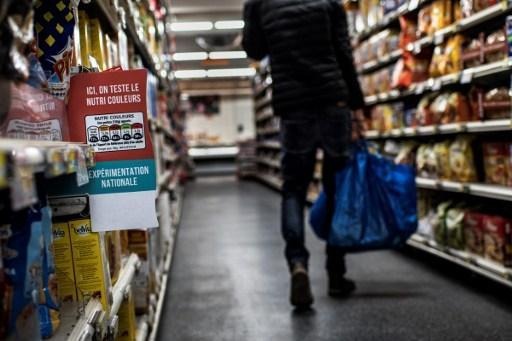Misleading nutritional and health claims are all too often common, on both Belgian and European markets. The organisations Test-Achats and the European Office for the Union of Consumers (known as “the BEUC”) raised their concerns, with regret, at a press conference on Friday. They have consequently called upon the European Commission to put in place nutritional profiles in this regard. The consumer rights organisations complain, “The EU is nine years behind.”
Test-Achats stresses, “The solution for the public avoiding products which are deemed unhealthy, by advancing claims that make them more positive than they actually are, could lie in the use of nutritional profiles.”
Such tools will enable us to judge to what extent a food product is good for our health, according to its maximum content of fat, sugar, salt and other nutrients. The organisation for consumer rights says, “Nutritional claims advance the beneficial effects of particular foods owing to their nutritional contents”, such as containing calcium or being low in fat. There are also health claims stressing the benefit of a given food, especially vitamin C, which strengthens immunity.
Ivo Mechels, the CEO of Test-Achats states, “There is a list of nutritional and health claims, both permitted and prohibited, but we must note that viewed in isolation the document is insufficient.” There are a multitude of examples of problematic products on the Belgian and European markets which have been registered. Monique Goyens, BEUC’s Executive Director takes up the argument, saying, “Nutritional claims are disguising foods which are high in sugar or fat as healthy options. This is unacceptable.”
Nutritional profiles were mentioned for the first time at European level in 2006, with planned implementation in January 2009. A report by the Commission upon the issue has been announced as scheduled for mid-2018.
The Brussels Times

